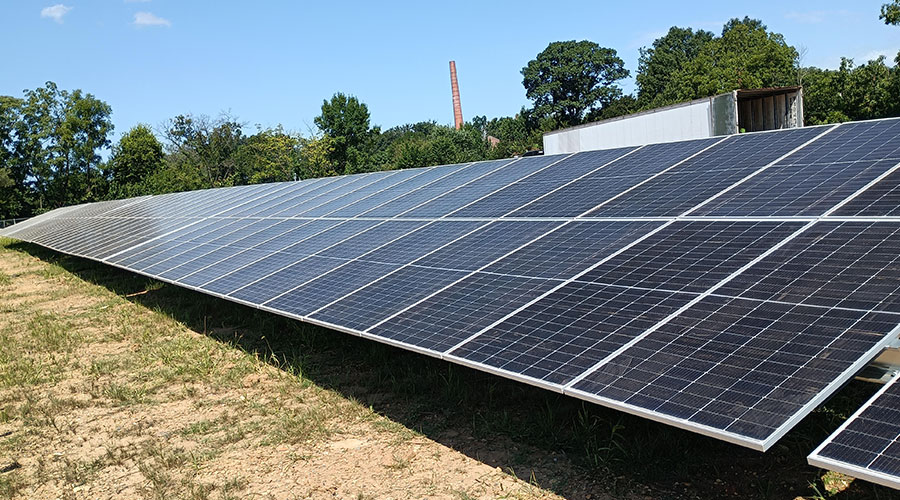HVAC, Lighting Efficiency Can Help Acquire Financing for New Projects
Energy service companies, or ESCOs, are energy efficiency specialists that offer turn-key design, contracting, operations and financing services. ESCOs are equipped to manage complex and multiphased projects, and also offer financing solutions tailored to the project.
ESCOs have traditionally concentrated on large projects with industrial, government and educational clients because of client capital constraints, high credit-worthiness and owner occupied facilities. This is beginning to change as ESCOs tailor their expertise and financial solutions to the commercial and industrial sectors.
An ESCO offering could include a menu of energy saving options ranging from boiler upgrades to window replacements and even fuel-switching recommendations. Costs are compared to energy savings to define a recommended project scope. Unlike property owners having to hire an engineer directly, ESCOs contract for the retrofit work themselves. They provide ongoing operational oversight to ensure systems operate as efficiently as expected because they typically finance the project costs themselves and provide customer equipment leasing with a 'performance guarantee' — they guarantee a level of energy savings that often equals or exceeds their contract costs within a given number of years.
ESCOs may be a good fit for large, capital-intensive energy efficiency projects because their model eliminates the upfront costs to the facility manager and provides turn-key solutions. This model may not be economically advantageous and may be too heavy-handed for smaller, simpler projects.
Qualifying for Tax Benefits
Projects may also qualify for tax deductions from the federal government under the Section 26 U.S.C. 179D Energy Efficient Commercial Buildings Deduction. This deduction is between $0.30 per square foot and $1.80 per square foot based on the scope of work.
The value of the deduction is based on the property owner's effective corporate tax rate. Tax benefits accrue to the owner of the equipment and can significantly reduce project costs. Vendors should provide tax compliance forms as a condition of project completion, which property owners can collect and submit to their tax team for use in claiming the deduction.
Additionally, many real estate industry groups support proposed Building Star legislation, which includes an increase in the deduction to $3.00 per square foot, as well as providing new cash rebates. Another 18 states offer tax benefits in the form of corporate tax credits, property tax reductions and sales tax exemptions for energy efficiency project investments.
However, real estate investment trusts (REITs), Limited Liability Corporations, and Partnerships may have difficulty capturing tax benefits due to their legal structures. Before property owners make any assumptions, they should verify with their tax teams whether they will be able to capture the tax benefits of the 179D regulations.
Sources for best practice specifications for standardized efficient equipment include:
BOMA International Seven Point Challenge: www.boma.org/getinvolved/7pointchallenge/Pages/default.aspx
US Dept. of Energy Commercial Building Design Guide: www1.eere.energy.gov/buildings/commercial_initiative/guides.html
Consortium for Energy Efficiency: www.cee1.org
Additional information on tax deductions for efficiency upgrades can be found at: www.facilitiesnet.com/11627bom
Related Topics:














